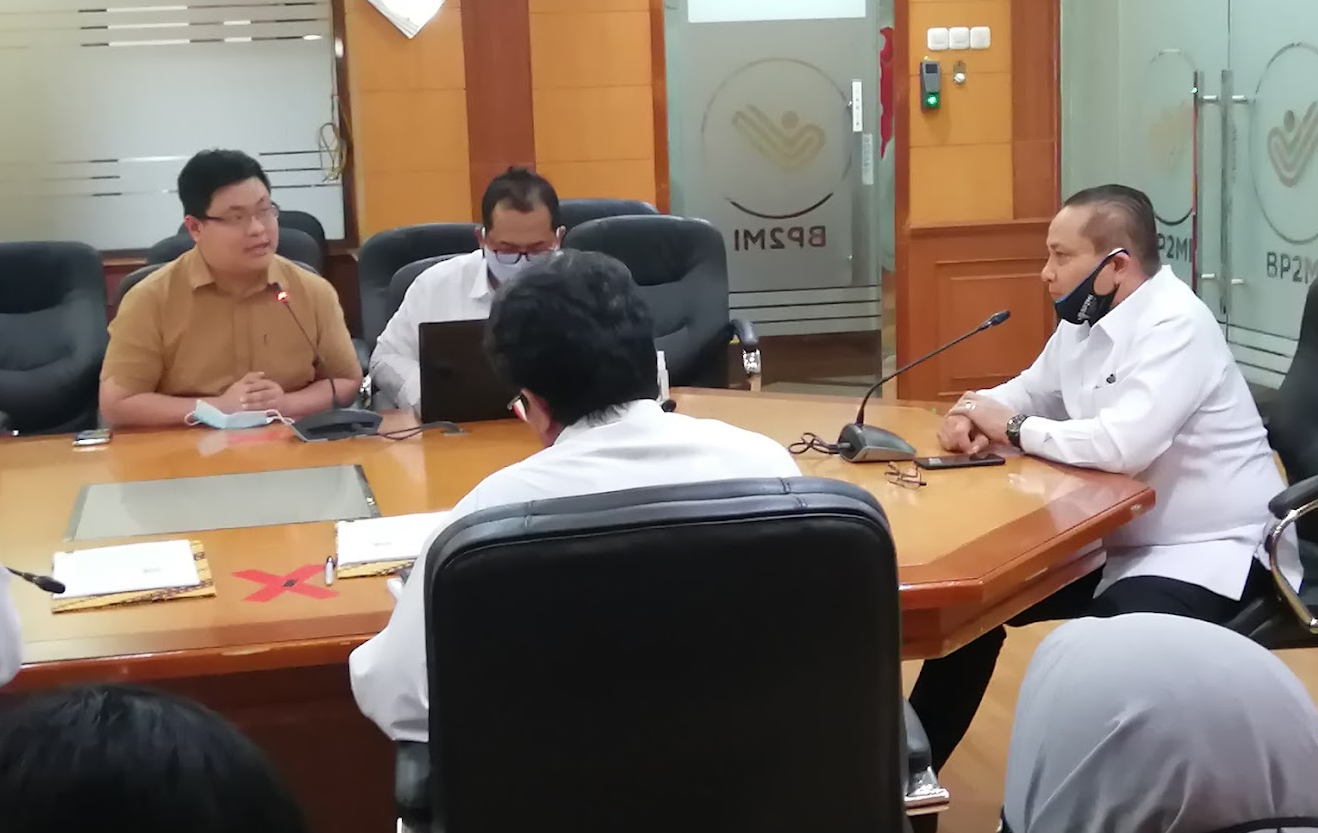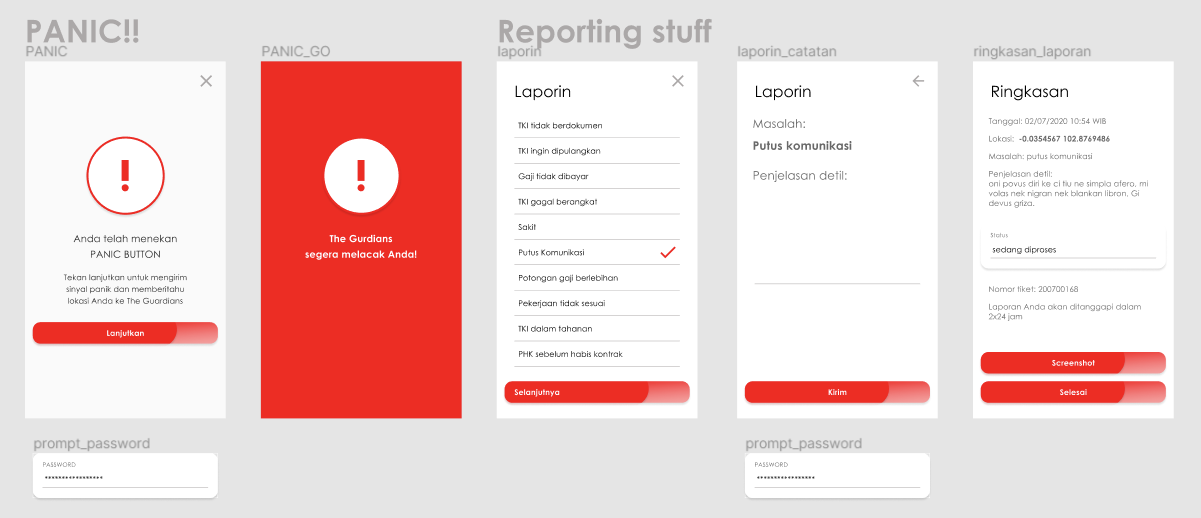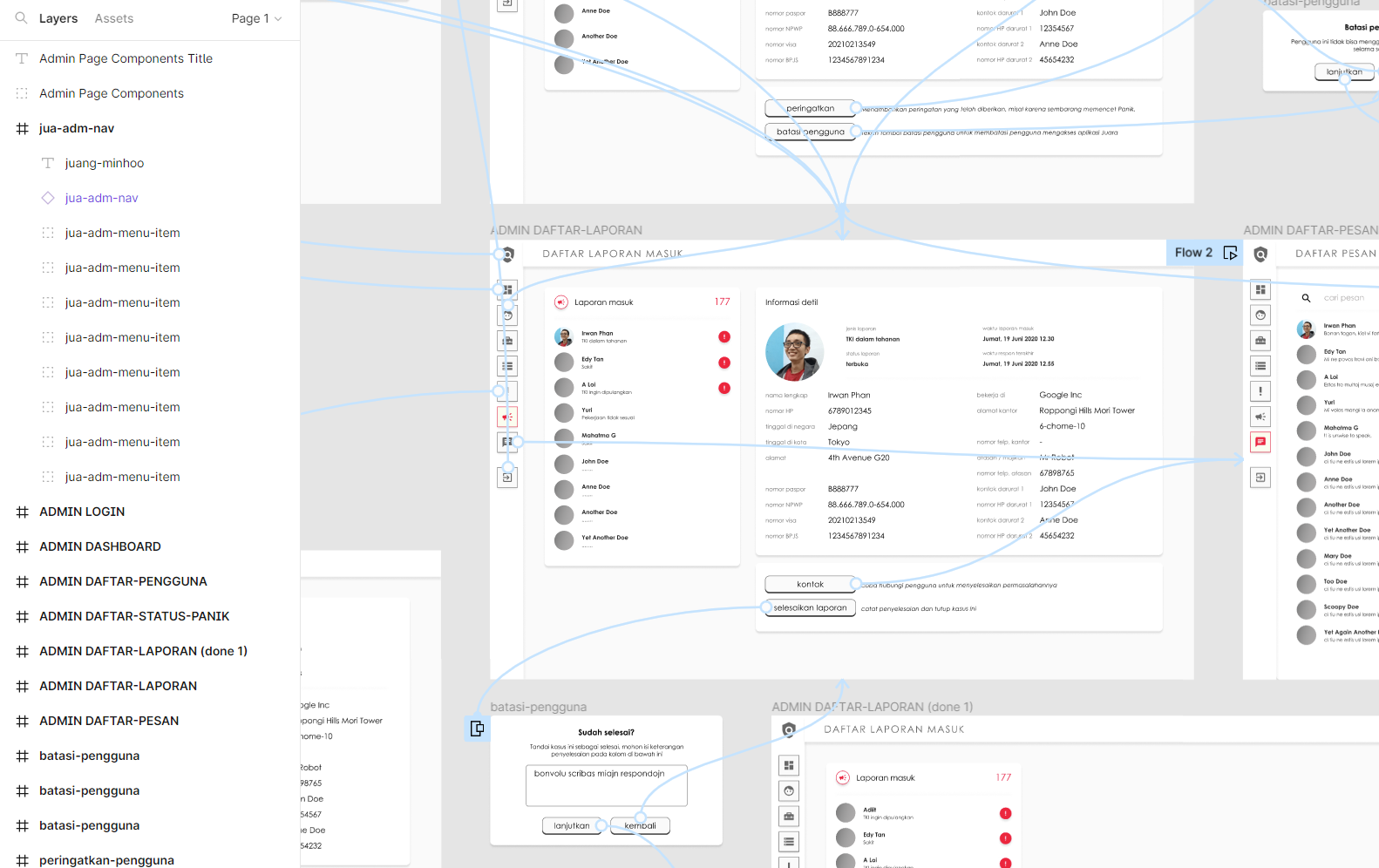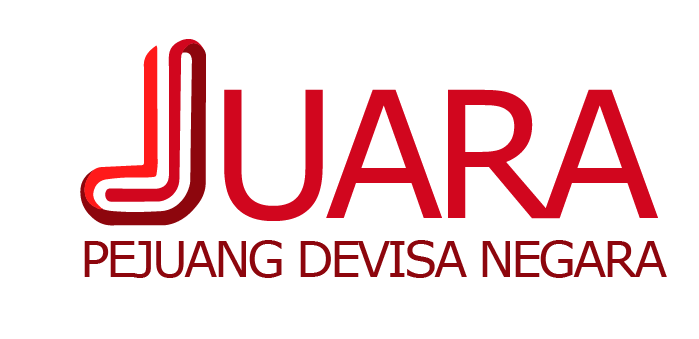Unseen Struggles
of Indonesian Migrant Workers
In the vast archipelago of Indonesia, a nation known for its rich cultural heritage and natural beauty, a significant number of its citizens seek opportunities abroad as migrant workers. Driven by the promise of a better future for themselves and their families, they embark on a journey into the unknown, leaving behind the familiar comforts of home.
These Indonesian migrant workers venture to countries far from their homeland, often lured by the prospect of higher wages and the chance to escape poverty. They leave their families behind, carrying dreams of financial stability, education for their children, and a chance to build a brighter future.
However, the path they tread is fraught with difficulties, and many face unforeseen challenges and uncertainties along the way. Despite being filled with hope and determination, they often find themselves isolated in a foreign land, disconnected from their culture, language, and the support system they once relied upon.
One of the most heart-wrenching aspects of their journey is the constant separation from their loved ones. They endure long periods of time without seeing their families, missing out on the milestones, joys, and sorrows that shape their lives. Birthdays, anniversaries, and even the passing of loved ones are experienced from a distance, through fleeting phone calls or brief video chats.
Government ≠ Guardian
The work conditions faced by Indonesian migrant workers can also be deeply challenging. Some find themselves trapped in exploitative labor situations, enduring physical and emotional abuse, excessive working hours, and meager wages. Their dreams of a better life are overshadowed by the harsh realities they face daily, their hopes fading with each passing day.
Adding to their plight is the lack of communication and information about their whereabouts and well-being. These workers often fall into the shadows, becoming invisible to their own country. Their voices go unheard, their struggles unacknowledged, as their countrymen remain oblivious to their true circumstances.
The Indonesian government, recognizing the difficulties faced by their citizens abroad, has taken steps to provide support and protection to migrant workers. Initiatives such as pre-departure training, legal assistance, and overseas Indonesian embassies aim to safeguard their rights and well-being. However, the magnitude of the challenge and the vast number of workers make it difficult to reach everyone in need.
Modern Heroes
Despite the hardships they endure, many Indonesian migrant workers exhibit resilience and determination. They send remittances back home, supporting their families and communities, ensuring education, healthcare, and improved living conditions. Their sacrifice fuels the growth and development of their nation, even as they remain anonymous and unrecognized.
As the years go by, the plight of Indonesian migrant workers who are lost to their country continues to be a pressing issue. The unseen struggles, sacrifices, and dreams of these individuals remain buried beneath the surface, longing for acknowledgement, support, and a brighter future.
Only by shining a light on their untold stories, raising awareness, and collectively working towards a safer, fairer world for migrant workers can we hope to bring about change and address the life difficulties faced by these brave souls who venture into the unknown.
Breaking It Down
With BP2MI, we came to understand the ins and outs of the challenges in communication with the migrant workers. We were able to discuss with the in-charged officers and the migrant workers about how their conditions.
In a collaborative effort to address the challenges faced by Indonesian migrant workers and improve their well-being, the Indonesian government, in partnership with the Agency for the Placement and Protection of Indonesian Migrant Workers (BP2MI), embarked on a solution sprint journey. The goal was to create an innovative solution that would bridge the communication gap and enable monitoring of the workers' conditions abroad.

Migrant Workers
Step 1: Identifying the Problem
BP2MI conducted extensive research and engaged with various stakeholders, including migrant workers themselves, to gain a comprehensive understanding of their needs and challenges. They discovered that the lack of communication and monitoring mechanisms created a significant hurdle in ensuring the well-being of the workers.
Step 2: Ideation and Solution Design
A team of tech experts, government officials, and representatives from BP2MI collaborated to brainstorm potential solutions. After careful consideration, they envisioned an integrated mobile application that would facilitate communication between migrant workers and their families, as well as provide a dashboard for monitoring their well-being.

Step 3: Development and Testing
With the solution concept in place, a dedicated team of developers, designers, and user experience specialists worked tirelessly to bring the vision to life. They focused on creating a user-friendly interface that would cater to the unique needs and circumstances of Indonesian migrant workers
Through a series of iterative development cycles, the team built a robust communication platform within the app. It allowed workers to make affordable calls, send messages, and share photos and videos with their families back home. They also incorporated language translation features to overcome communication barriers.

Simultaneously, the monitoring dashboard was developed to enable BP2MI and relevant authorities to track the workers' locations, work conditions, and overall well-being. Real-time data and alerts would be generated to facilitate timely interventions in cases of emergencies or abuse.

Step 4: Testing and Refinement
To ensure the app's effectiveness and usability, a pilot program was conducted in collaboration with a select group of migrant workers and their families. Their valuable feedback and insights were gathered to refine the app's features, interface, and overall user experience.
Step 5: Launch and Implementation
After rigorous testing and refinements, the mobile application was officially launched. BP2MI, in partnership with embassies and consulates, initiated awareness campaigns to inform migrant workers about the app and encourage its adoption. Efforts were made to provide technical support and training to ensure the smooth onboarding of users.
Final Product
Delivery & Hand Over
After months of dedicated development and refinement, the Connect Migrant mobile application, designed to empower Indonesian migrant workers and enhance their communication and well-being, is ready for deployment. The momentous occasion arrives as the team prepares to deliver the final product to the Agency for the Placement and Protection of Indonesian Migrant Workers (BP2MI).
The delivery of the Connect Migrant app to BP2MI represents a significant milestone in the journey to improve the lives of Indonesian migrant workers. Through the transfer of ownership, comprehensive training, and ongoing support, the government demonstrates its commitment to ensuring the success and sustainability of the app's implementation.
As the app continues to empower Indonesian migrant workers, fostering closer connections with their families and providing a safety net through the monitoring dashboard, it stands as a symbol of hope and progress. By leveraging technology and collaboration, Indonesia takes a significant step forward in championing the rights and well-being of its citizens working abroad.

Visit https://www.pejuangdevisanegara.id/ to learn more about the Juara program.
